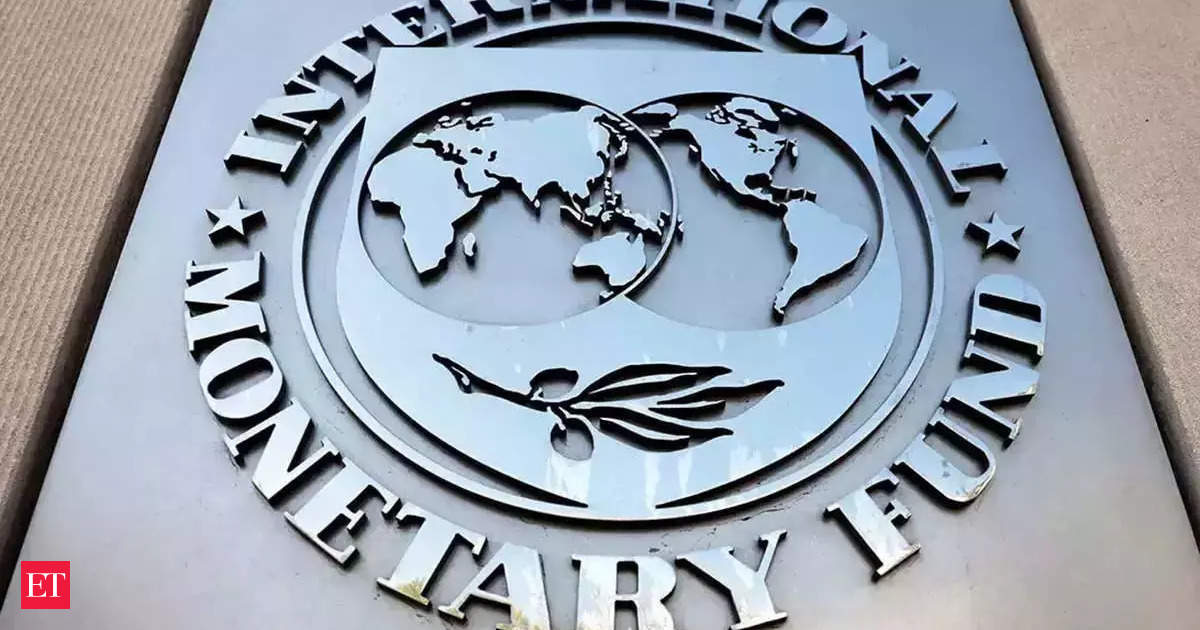Most of the $2 trillion in annual climate investments in developing countries needed by 2030 will have to come from the private sector, the IMF said, warning that governments risk high debts if they try to reach net-zero goals with public funds. The IMF recommends that countries develop carbon pricing schemes to raise revenue and encourage private investments. Climate finance will be one of the dominant topics at the International Monetary Fund and World Bank annual meetings next week in Marrakech, Morocco. Of the $5 trillion in annual investments needed globally by 2030 to meet net-zero emissions goals, $2 trillion will need to be made in emerging markets and developing economies. The IMF estimates that the private sector will need to provide about 80% of these investments. The Fund’s Fiscal Monitor estimates that relying on public spending to fund de-carbonization investments on this scale would cause a massive, unsustainable run-up in debts. The IMF recommends that to mitigate the debt run-up caused by public climate investments, countries develop carbon pricing schemes to raise revenue and encourage more private investments. In countries where carbon pricing is a political non-starter, such as the United States, alternative measures such as emissions taxes should be enacted. Regulators need to tighten rules for ESG labels to better align with climate objectives, the Fund said.
IMF: Private Sector Must Shoulder Majority of Climate Investments in Developing Countries










